The Well-Being of Future Generations Act provides a legal link between the UNs’ Sustainable Development Goals and Wales’s future pathway by creating a set of seven country-level Well-Being Goals.
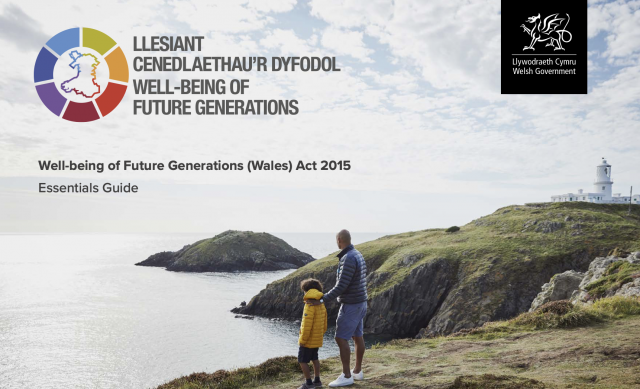
Social Security, Wellbeing, Culture

The Well-Being of Future Generations Act provides a legal link between the UNs’ Sustainable Development Goals and Wales’s future pathway by creating a set of seven country-level Well-Being Goals.
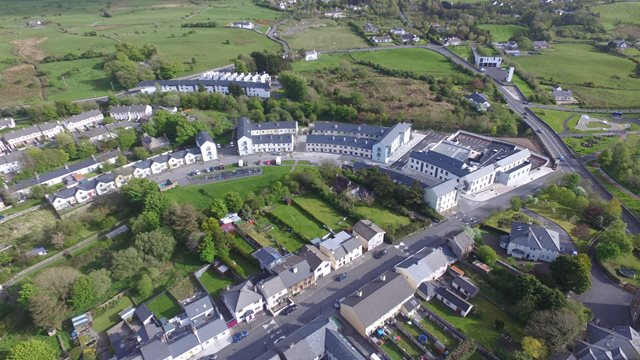
An innovative crowd-sourcing approach is implemented in response to Ireland’s housing crisis, allowing local residents to register vacant homes in their area and help create new homes from the existing housing stock.
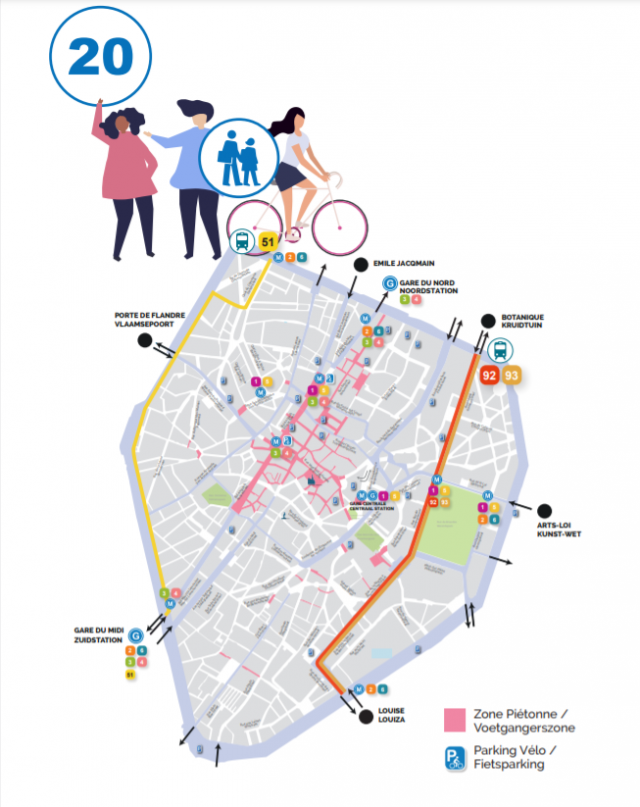
A temporary measure in response to the pandemic has become part of Brussels’ long-term mobility strategy; prioritising pedestrians and cyclists by reducing speed limits and allowing shared use of the roadway.

United We Stream emerged as a response to the COVID-19 pandemic with a fundraising campaign for Berlin’s clubs, which then evolved into a streaming initiative showcasing cross-genre cultural formats for global audiences.
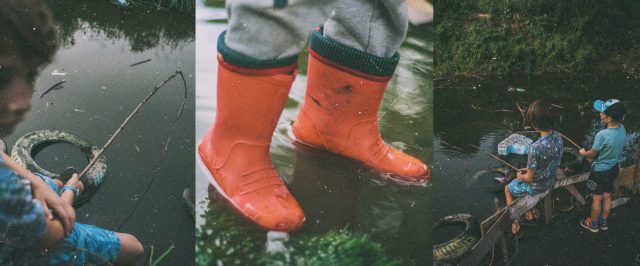
An outdoor adventure playground gives children the opportunity to explore nature with their peers under the supervision of specially trained play workers.
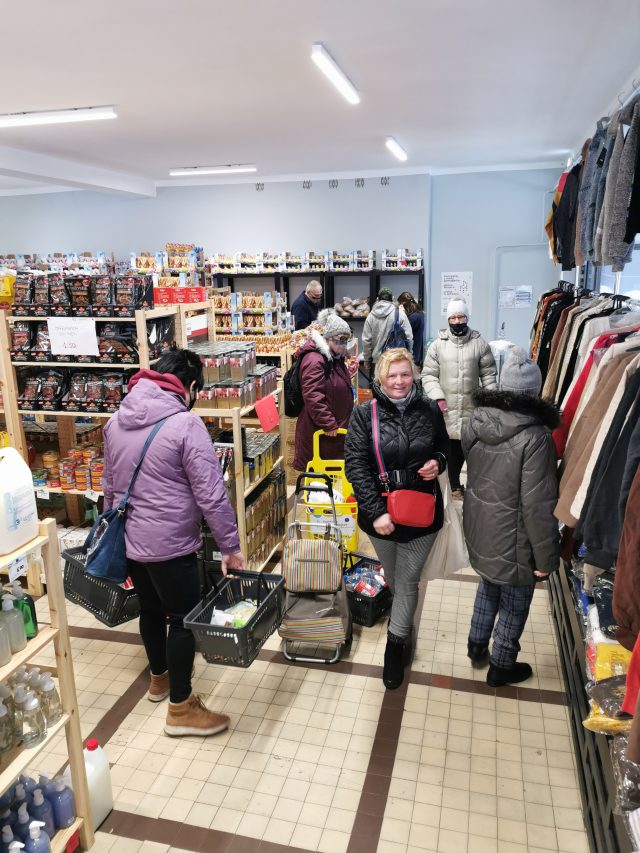
The first social supermarket in Poland provides high-quality goods at low prices, supporting the most socially and financially vulnerable residents while also reducing food waste.
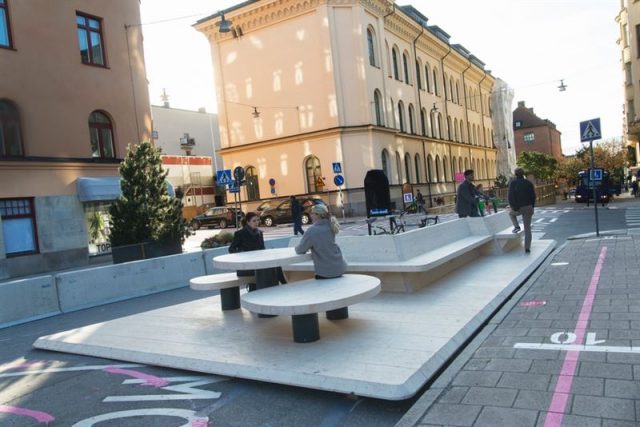
The Street Moves project reimagines and redesigns streets with the needs of pedestrians, sustainable modes of transport, and the local community in mind, transforming them into multifunctional and inclusive spaces.
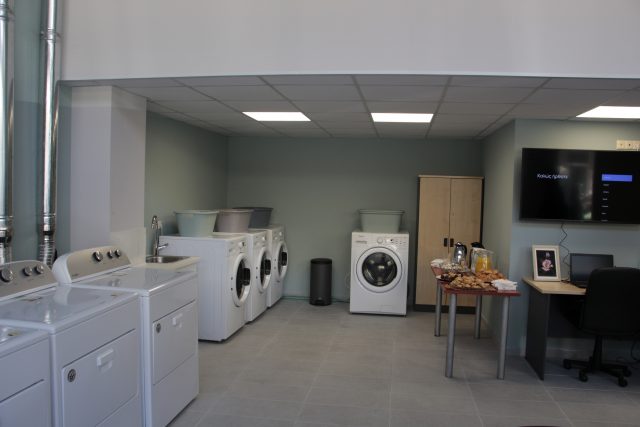
The first social laundrette in Crete provides socially vulnerable citizens with the facilities to wash their clothes and take care of their personal hygiene, as well as a sense of self-worth and belonging.
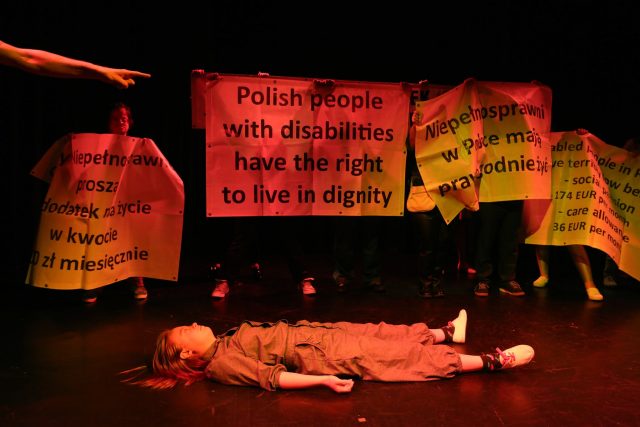
The Social Institute of Culture supports the connections between artists, creatives and the wider community by allocating long-term funds to a diverse range of cultural projects.
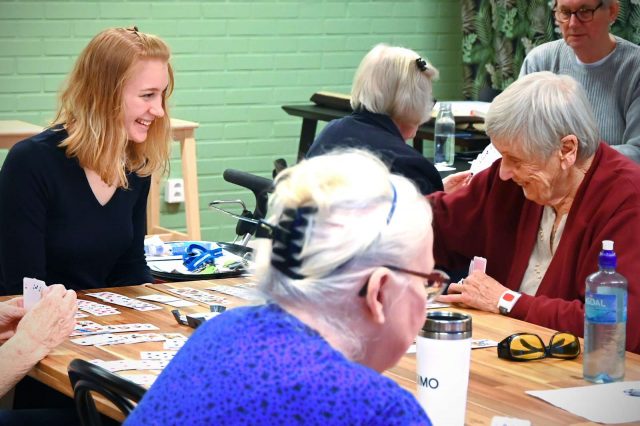
This innovative housing project helps end loneliness by inspiring people to living better together.
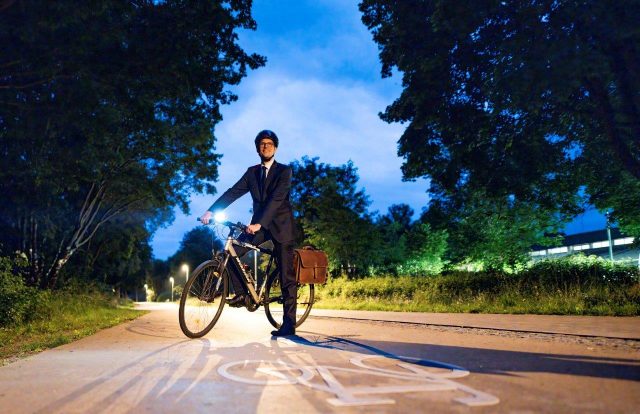
An adaptive lighting system uses sensor technology and insect-friendly LED lights to ensure the safety of pedestrians and cyclists while protecting insects and minimising light pollution.
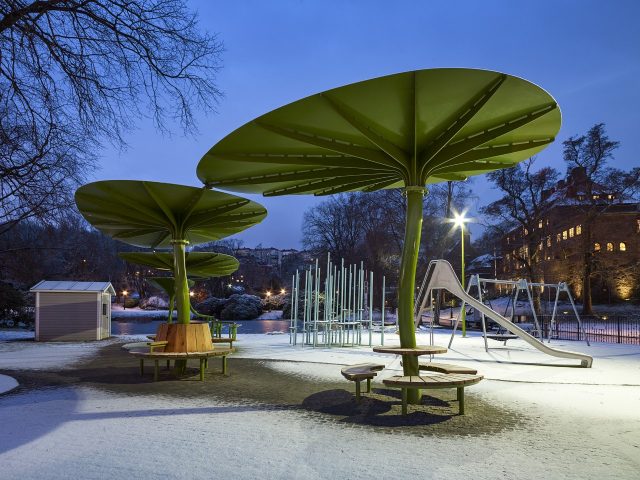
The City of Gothenburg celebrates its 400th anniversary by making the most of one of its most abundant assets – rain – in a creative, playful and sustainable way.
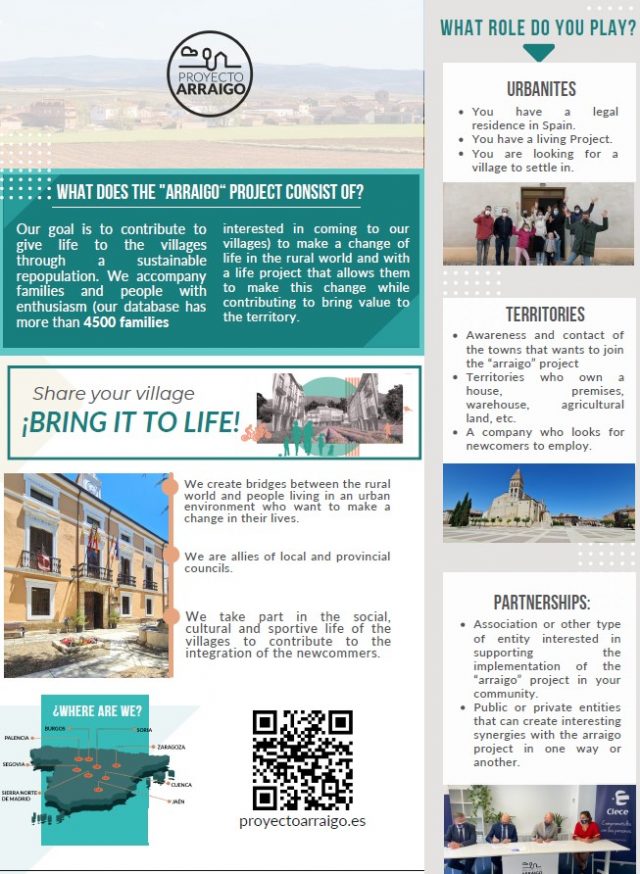
A social enterprise facilitates the transition from urban to rural living by working with rural communities to help them integrate new arrivals.
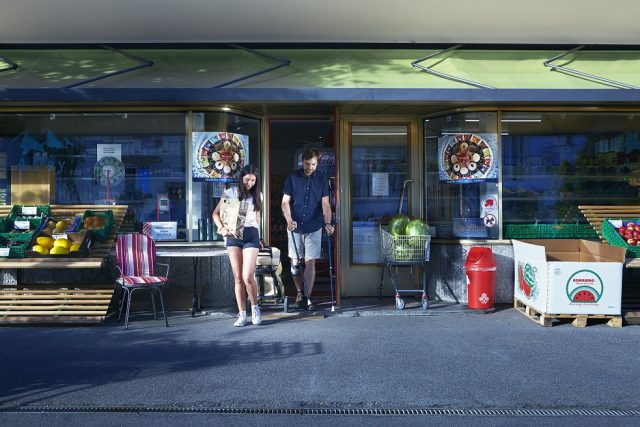
Volunteers are individually connected with people living within a 15-minute walking distance who need support with everyday tasks, strengthening local solidarity and neighbourly relationships.
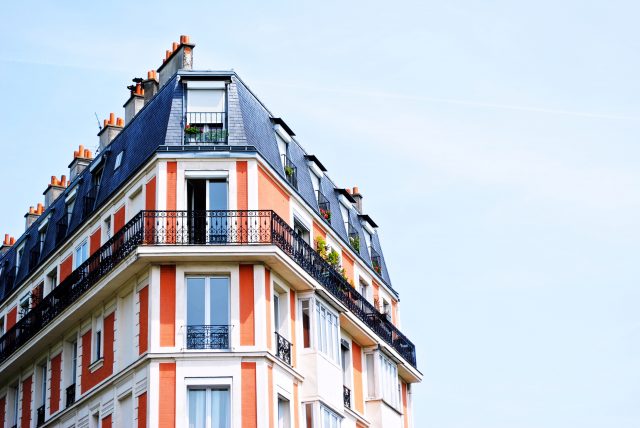
A new kind of shared housing provides affordable student accommodation in exchange for involvement in neighbourhood solidarity projects which improve the lives of local residents.
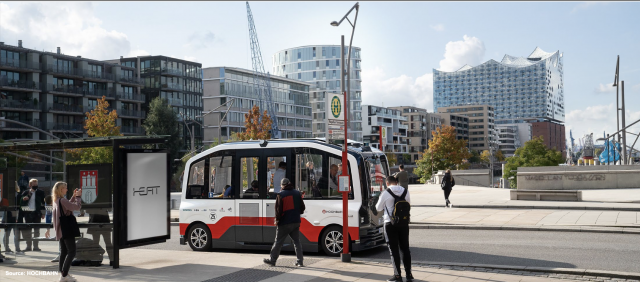
A comprehensive research and development project assesses the feasibility, safety and acceptance of the first fully automated public minibus service in Hamburg.
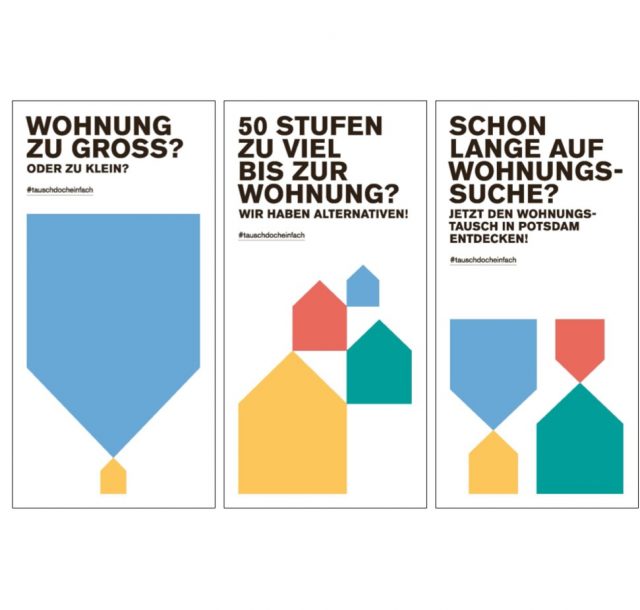
A flat-exchange coordination office is set up to tackle the issue of a limited housing market and ensure that residents have both affordable and appropriate housing.
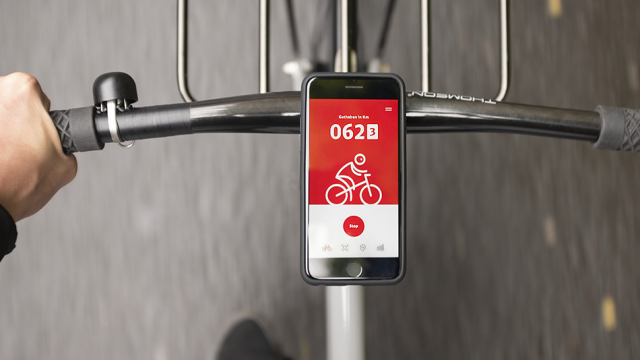
Hamburg adopts the DB Rad+ app which employs gamification techniques and incentives to encourage cycling, and enables the city to make targeted infrastructure developments and promote local businesses.
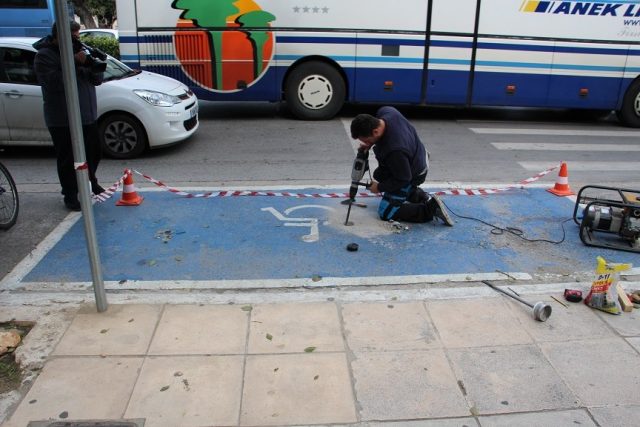
A specifically designed App allows disabled parking card holders to more easily find an available parking space, while reducing the illegal occupation of these spaces by able-bodies drivers.